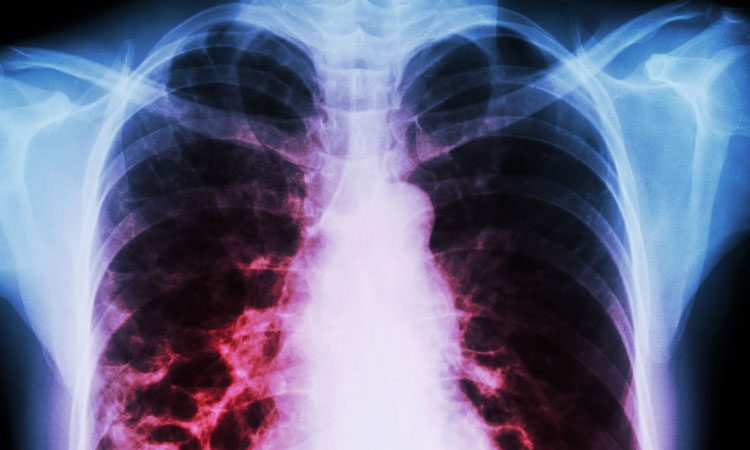Leicester to support chronic lung disease sufferers globally
Posted: 10 August 2018 | European Pharmaceutical Review | No comments yet
“We will work with health care professionals and patients to develop a form of rehabilitation that will be acceptable to all those involved.”


Researchers from hospitals in Leicester and the University of Leicester will offer pulmonary rehabilitation to patients in the developing world with chronic lung disease.
Chronic lung disease is associated with smoking tobacco, fumes from cooking on open stoves, air pollution and lasting damage through TB. The disease affects the most vulnerable in society, with more younger people being affected than in high-income nations and it is also more widespread in developing countries.
Due to breathlessness, suffers experience a reduced ability to exercise, and a poorer quality of life. This could lead to an enhanced likelihood of depression, with many being socially isolated and often unable to work. Medication is usually unaffordable and does not reverse the effects of the profound disability caused by the disease.
The project, called RECHARGE, is funded with £2 million from the NIHR Global Health Research Programme. The aim of the project is to build on the UK’s existing expertise and the wider global health community, and to support research that addresses health issues affecting the most vulnerable and poorest in low and middle income countries (LMICs).
The programme will develop, test and deliver suitable pulmonary rehabilitation (PR) programmes in LMICs. PR is a high impact, low cost healthcare intervention that reverses the disability associated with lung disease by offering disease education and supervised training which supports patients in managing their condition.
Professor of pulmonary and cardiac rehabilitation at Leicester’s hospitals, and Honorary Professor at both the University of Leicester and Loughborough, Dr Sally Singh is the director of the project. She said, “I am delighted that the NIHR has funded this research project into managing chronic lung disease using pulmonary rehabilitation in low and middle income countries.
“In the first part of our project, we will train our health professional colleagues in Kyrgyzstan, Uganda, India and Sri Lanka to develop a PR programme to help patients manage chronic lung disease.
“We will work with health care professionals and patients to develop a form of rehabilitation that will be acceptable to all those involved. PR is currently not available in our partner countries, so our project will fill this important gap and address this unmet need.”
Professor Rupert Jones from the University of Plymouth and deputy director of the RECHARGE project commented, “We will conduct research with colleagues in our partner countries into what are culturally acceptable PR interventions for their patients, so that participation is high and has a real impact on reducing the disability associated with lung disease and improving wellbeing in this patient population. We want to measure both the impact PR has on the patients and on the staff who provide it.”
The project is supported by The British Thoracic Society, which has agreed to the use of its online and face-to-face training programmes to be used in the project, as a framework.
The research is also supported by the Centre for Exercise and Rehabilitation Science, part of the NIHR Leicester Biomedical Research Centre.
Related topics
Analytical techniques, Clinical Development, Research & Development (R&D)
Related organisations
Loughborough University, NIHR Global Health Research Programme, University of Leicester, University of Plymouth









